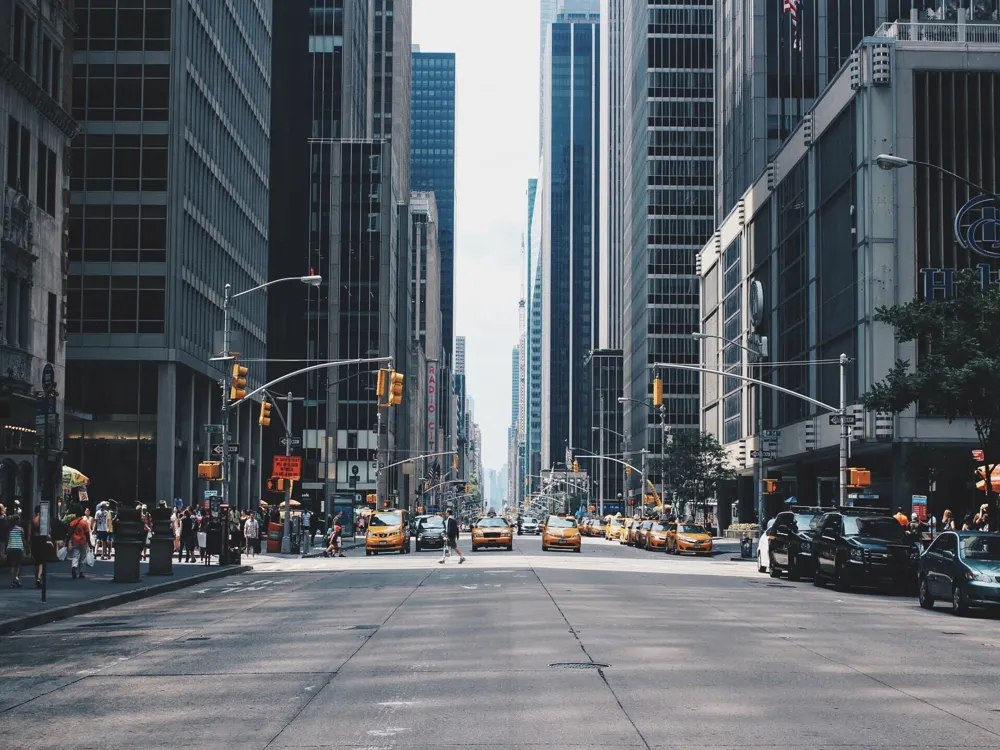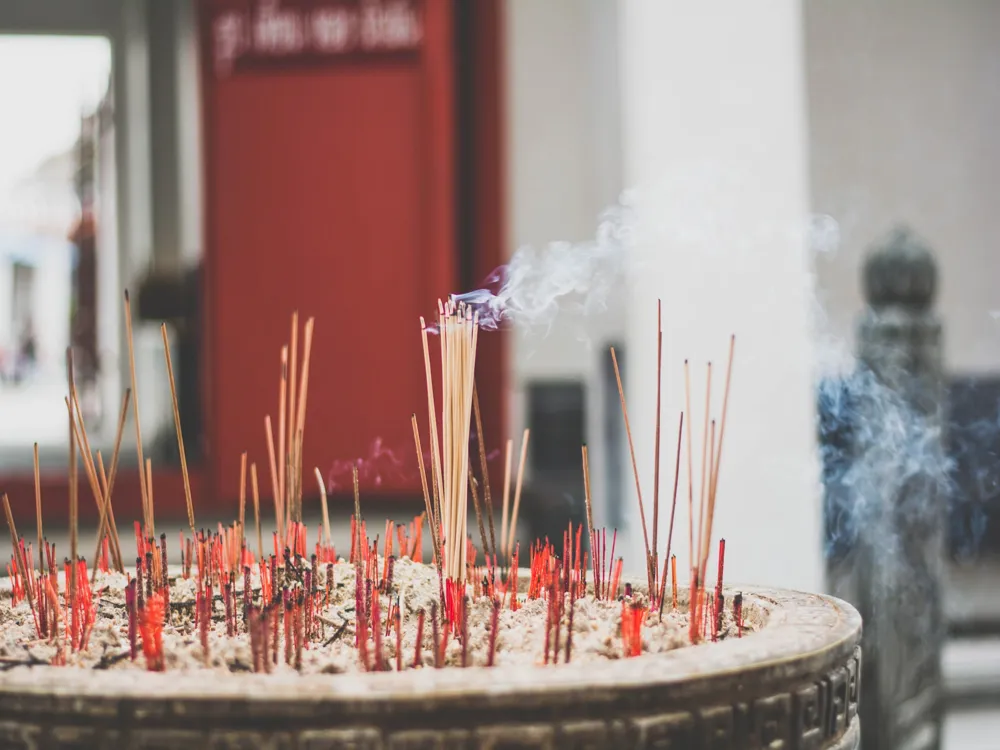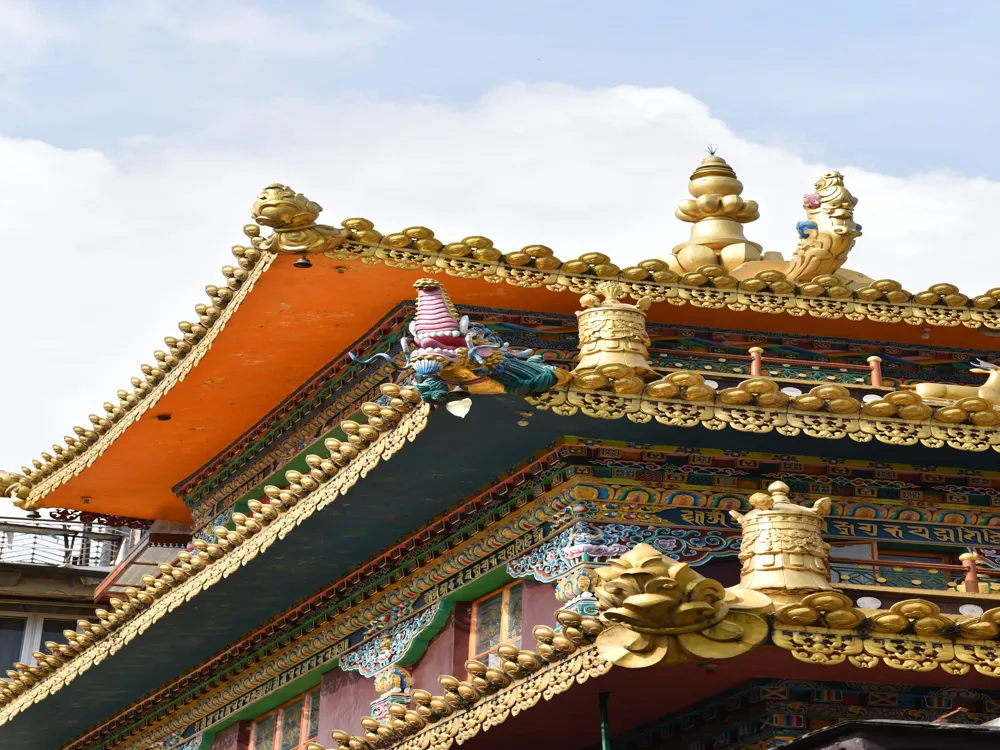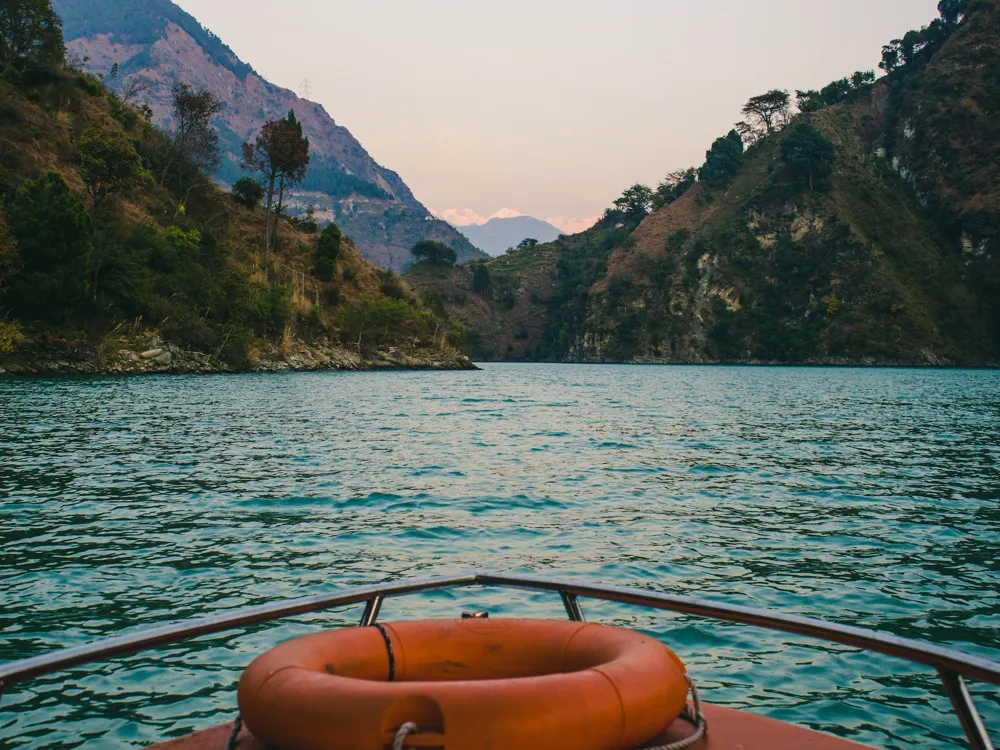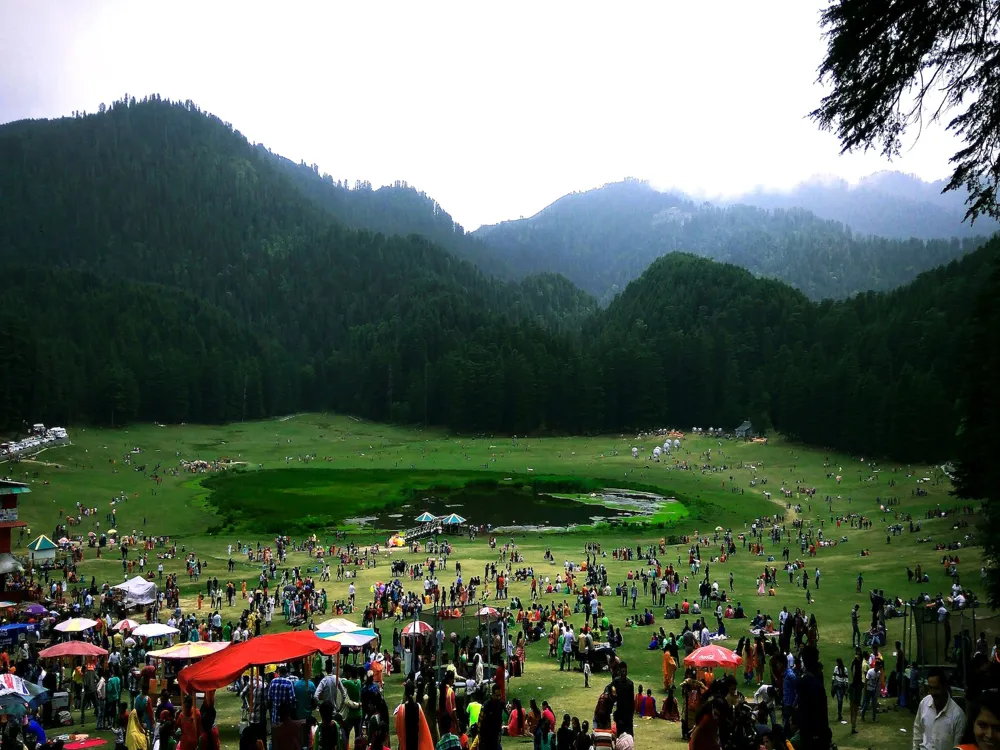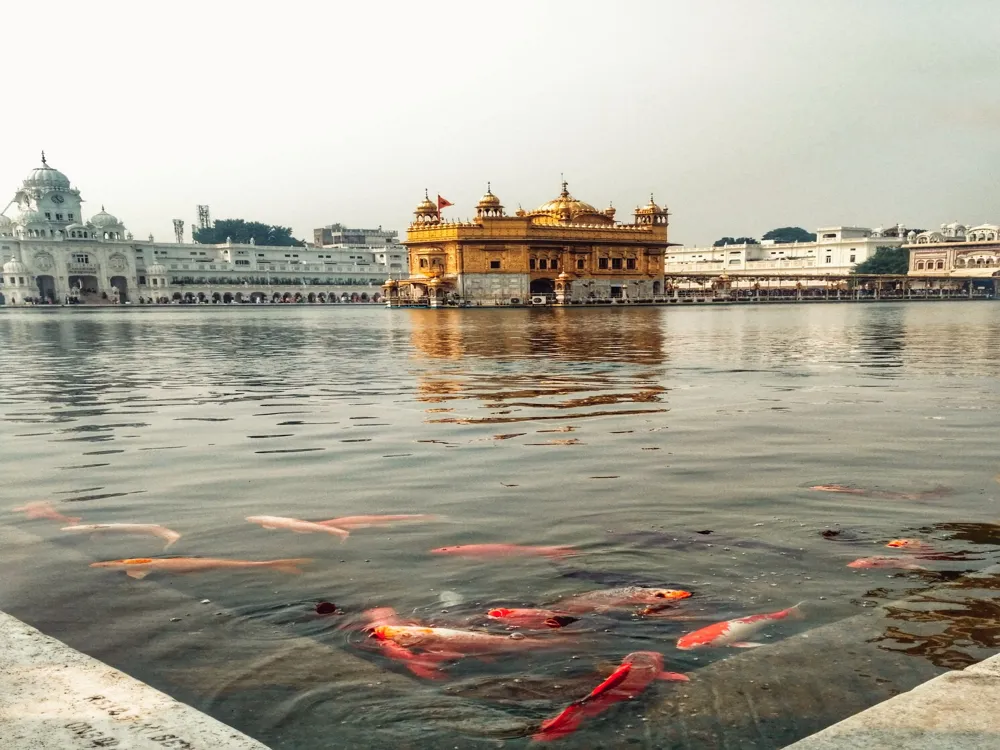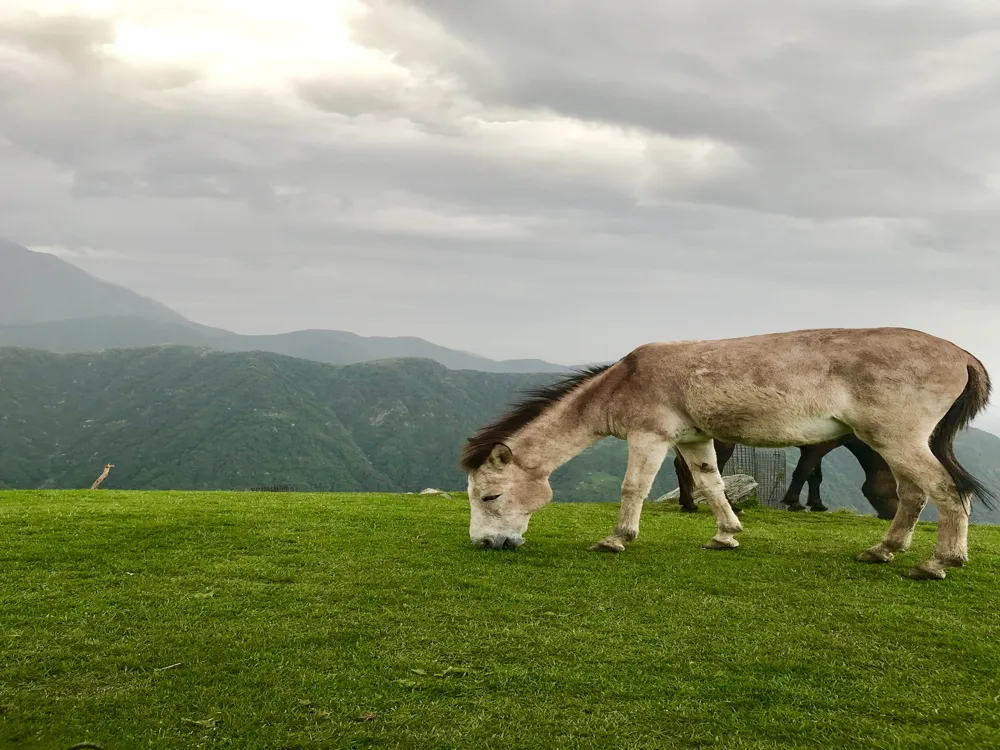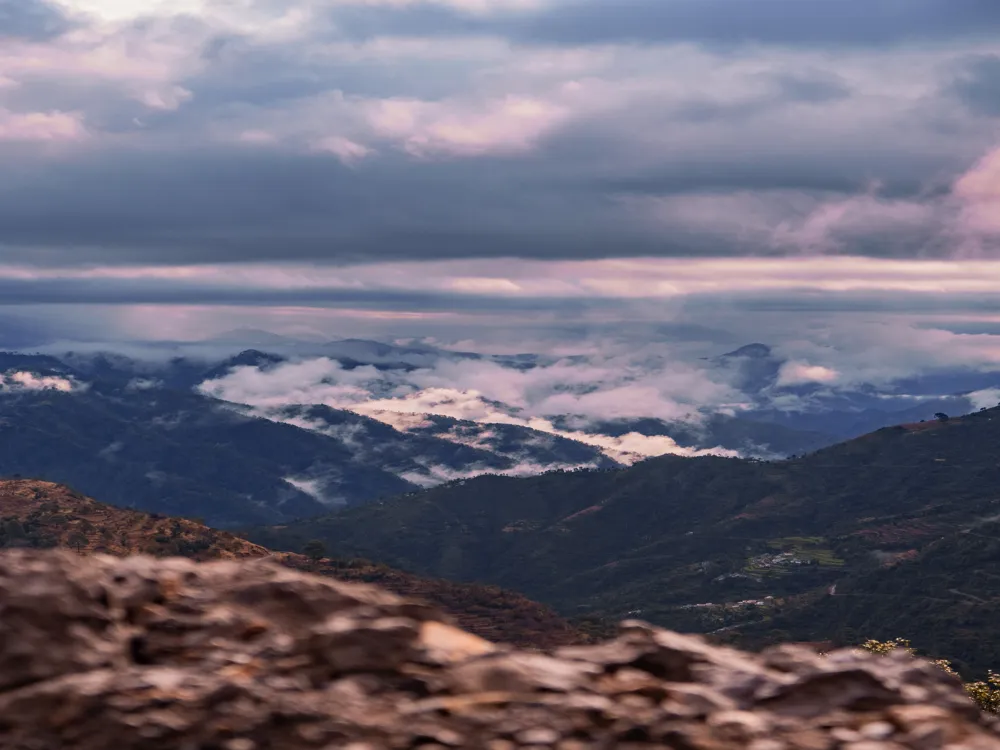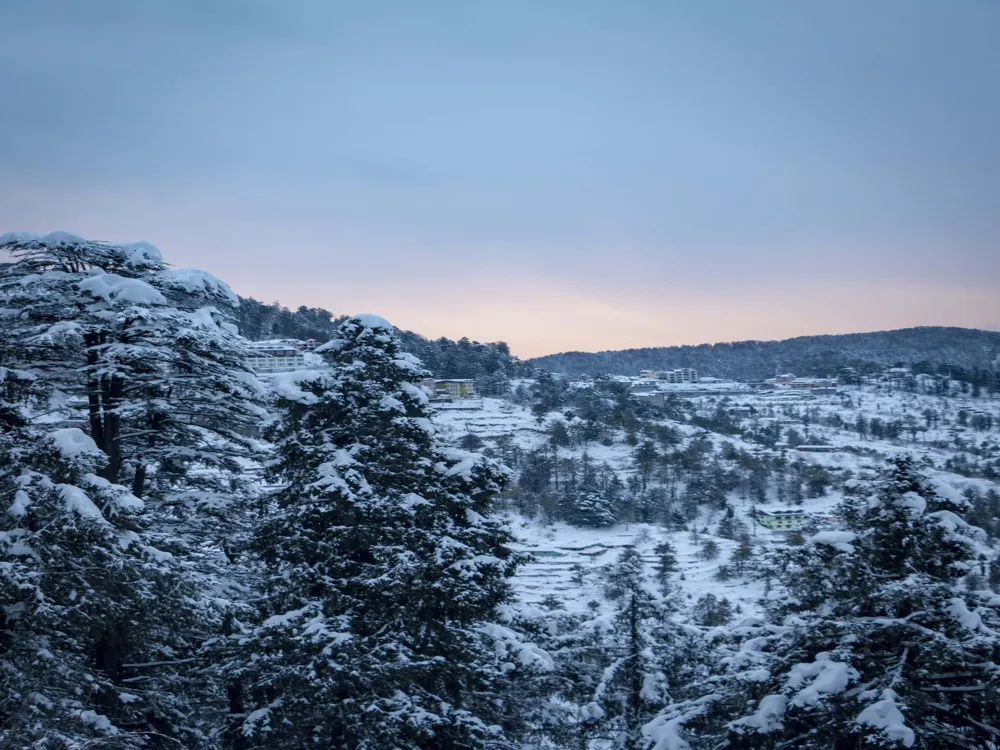Nestled in the picturesque landscapes of Pathankot, Punjab, the Shahpurkandi Fort stands as a sentinel of history and culture. Dating back to the 16th century, this fort has witnessed numerous historical events and has been a silent spectator to the changing times. Shahpurkandi Fort, perched atop a hill and overlooking the Ravi River, offers a mesmerizing view that leaves visitors in awe. The fort's strategic location has played a pivotal role in the history of Punjab, serving both as a defensive stronghold and a vantage point overseeing the routes leading to Kashmir and Chamba. The historical significance of Shahpurkandi Fort is immense. It was built by a Rajput chieftain, Jaspal Singh Pathania, in the year 1505 AD. The fort was constructed to assert dominance over the region and to protect the land from invaders. Over the centuries, it has been a witness to various historical events and has undergone several renovations and changes, adding to its architectural beauty and historical significance. The fort has been a part of various historical narratives, from the Mughal era to the British Raj, each leaving its imprint on the fort’s architecture and ambiance. Shahpurkandi Fort is not just a historical monument but a testament to the architectural brilliance of the bygone eras. The fort's architecture is a blend of Rajput and Mughal styles, reflecting the cultural and historical influences of its time. The intricate carvings, jharokhas (overhanging enclosed balconies), and robust bastions are some of the architectural elements that make the fort a fascinating study for historians and architects alike. The fort's surroundings are equally captivating, with lush greenery and the flowing Ravi River adding to its picturesque beauty. Today, Shahpurkandi Fort is a popular tourist destination. Visitors are drawn not only to its historical and architectural significance but also to the serene environment it offers. The fort has become a symbol of Punjab's rich heritage and continues to attract history buffs, architecture enthusiasts, and nature lovers from all over the world. Its well-preserved structure offers a glimpse into the past, allowing visitors to step back in time and experience the grandeur of the historical eras that the fort has lived through. The architecture of Shahpurkandi Fort is a fascinating amalgamation of Rajput and Mughal styles, showcasing the rich cultural heritage of Punjab. The fort's design reflects the architectural trends of the 16th century, blended with the local artistry and craftsmanship of the region. The robust walls of the fort are made of local stone and bricks, which have withstood the test of time and weather. The fortification includes strong bastions at regular intervals, providing a strategic defense mechanism against invaders. One of the most striking features of Shahpurkandi Fort is its entrance, marked by a massive gate that is adorned with intricate carvings and motifs. The gate is a fine example of Rajput architecture, with its imposing structure and detailed craftsmanship. As visitors pass through the gate, they enter a world that takes them back to the 16th century. The inner courtyard of the fort is spacious, surrounded by high walls that offer a sense of security and grandeur. The fort houses several palaces and residential quarters, each reflecting a unique blend of Rajput and Mughal architectural elements. The jharokhas (enclosed balconies) are particularly noteworthy, with their intricate carvings and fine detailing. These balconies not only served as vantage points but also added to the aesthetic appeal of the fort. The use of jaali (lattice) work in some areas of the fort is a testament to the Mughal influence, allowing for ventilation and light while maintaining privacy. Another remarkable aspect of Shahpurkandi Fort's architecture is its water management system. The fort was equipped with a sophisticated system of wells and baolis (step wells), ensuring a constant supply of water. This system was crucial for the survival of the fort's inhabitants, especially during sieges. The baolis also served as a gathering place for the residents, adding to the social aspect of the fort’s life. The ideal time to visit Shahpurkandi Fort is between October and March, when the weather is pleasant, making it conducive for exploring the fort and its surroundings. The summer months can be quite hot, and monsoons, though beautiful, might make the terrain slippery. It is advisable to wear comfortable and light clothing, preferably cotton, during your visit. The fort involves some walking and climbing, so comfortable footwear is a must. Hats or caps can be useful to shield yourself from the sun. Opt for a guided tour if possible, as it enriches the experience. Guides are well-versed in the history and architecture of the fort, offering insights that you might miss if exploring on your own. Shahpurkandi Fort offers stunning views and architectural details that are a photographer’s delight. Make sure to carry your camera, but also be mindful of any restrictions on photography within the fort premises. Don’t miss out on trying the local Punjabi cuisine at nearby eateries. The food is flavorful and adds to the overall experience of visiting the fort. Shahpurkandi Fort is well-connected by road and is easily accessible from various parts of Punjab and neighboring states. The nearest major city is Pathankot, which is well connected by train and air. From Pathankot, visitors can hire taxis or take local buses to reach the fort. The journey offers scenic views of the Punjab countryside, making the travel part of the experience. Read More:Overview of Shahpurkandi Fort, Pathankot, Punjab
Architecture of Shahpurkandi Fort
Tips When Visiting Shahpurkandi Fort
Best Time to Visit
Wear Comfortable Attire
Guided Tours
Photography
Local Cuisine
How To Reach Shahpurkandi Fort
Shahpurkandi Fort
Pathankot
Punjab
₹ 15,999 onwards
View pathankot Packages
Pathankot Travel Packages
View All Packages For Pathankot
Top Hotel Collections for Pathankot

Private Pool

Luxury Hotels

5-Star Hotels

Pet Friendly
Top Hotels Near Pathankot
Other Top Ranking Places In Pathankot
View All Places To Visit In pathankot
View pathankot Packages
Pathankot Travel Packages
View All Packages For Pathankot
Top Hotel Collections for Pathankot

Private Pool

Luxury Hotels

5-Star Hotels

Pet Friendly








